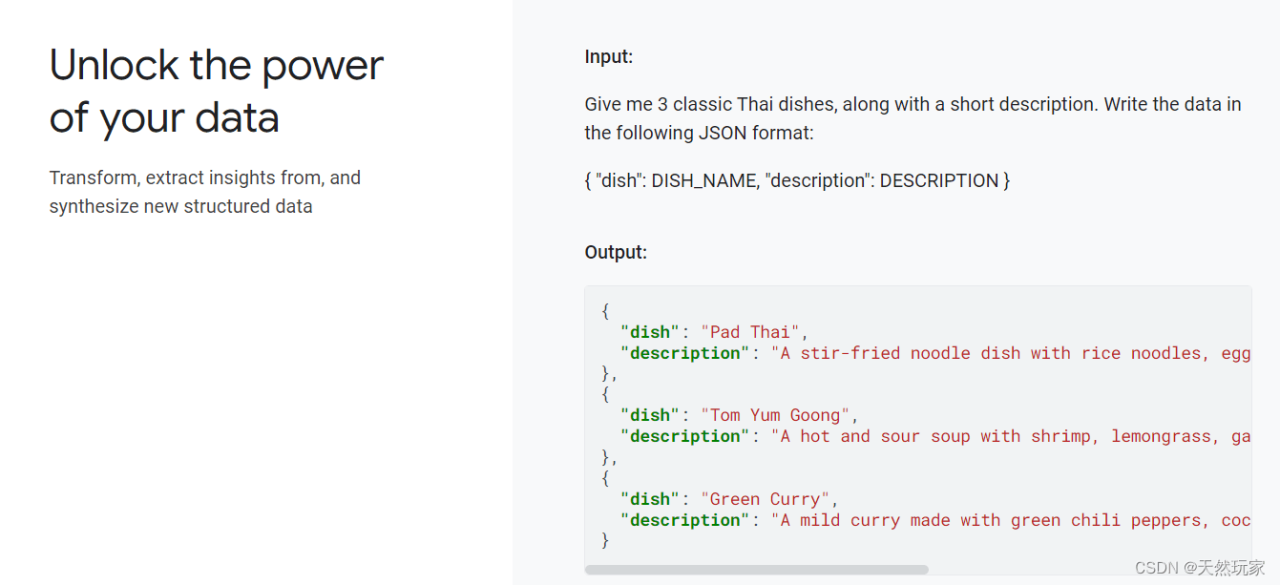Fish fruit and vegetable diet – Embark on a culinary journey with the fish, fruit, and vegetable diet, where nourishment meets vitality. This wholesome approach to eating harnesses the power of nature’s bounty, offering a symphony of flavors and an abundance of health benefits. Join us as we delve into the nutritional wonders of this dietary paradigm, exploring its transformative impact on your well-being.
From the depths of the ocean to the sun-kissed orchards and verdant gardens, this diet weaves together a tapestry of essential nutrients, vitamins, minerals, and antioxidants. Let’s embark on a culinary adventure that will tantalize your taste buds and rejuvenate your body from within.
Nutritional Overview

A fish, fruit, and vegetable diet provides a wide range of essential nutrients, including vitamins, minerals, and macronutrients. These nutrients are vital for maintaining good health and preventing chronic diseases.
Fruits and vegetables are rich in vitamins, minerals, and antioxidants. They are also low in calories and fat. Fish is a good source of protein, omega-3 fatty acids, and vitamin D. Omega-3 fatty acids are essential for heart health, and vitamin D is important for bone health.
Embarking on a vegan diet can be an empowering choice for those seeking a healthier and more compassionate lifestyle. However, before you dive into the world of plant-based eating, it’s crucial to consult with a healthcare professional. A registered dietitian or doctor can provide personalized guidance, ensuring you make informed decisions about your nutritional needs.
Whether you’re new to veganism or a seasoned pro, connecting with experts can help you optimize your journey towards a plant-powered life. Learn more about the benefits and challenges of a vegan diet here .
Vitamins
Fruits, vegetables, and fish are all good sources of vitamins. Fruits and vegetables are particularly rich in vitamin C, which is important for immune function and skin health. Fish is a good source of vitamin D, which is important for bone health.
Other vitamins provided by this diet include vitamin A, vitamin E, and B vitamins.
Minerals
Fruits, vegetables, and fish are also good sources of minerals. Fruits and vegetables are particularly rich in potassium, which is important for blood pressure control. Fish is a good source of calcium, which is important for bone health. Other minerals provided by this diet include magnesium, iron, and zinc.
Macronutrients
The macronutrients in a fish, fruit, and vegetable diet are carbohydrates, protein, and fat. Fruits and vegetables are good sources of carbohydrates, which provide energy. Fish is a good source of protein, which is essential for building and repairing tissues.
Embracing a plant-based lifestyle has gained immense popularity, with individuals seeking healthier alternatives. Those who adopt a vegan diet abstain from all animal products, including meat, dairy, and eggs. This dietary choice offers numerous health benefits, such as reducing the risk of chronic diseases and promoting a healthier weight.
Learn more about the who vegan diet and its potential impact on your overall well-being.
The fat in fish is mostly omega-3 fatty acids, which are beneficial for heart health.
Health Benefits
A fish, fruit, and vegetable diet is associated with numerous health benefits due to its nutrient-rich composition. These benefits stem from the presence of essential nutrients like omega-3 fatty acids, antioxidants, and fiber, which play vital roles in promoting overall well-being.
Omega-3 Fatty Acids
Omega-3 fatty acids, primarily found in fish, have anti-inflammatory properties that contribute to heart health by reducing blood pressure, improving blood flow, and preventing blood clots. They also support brain function, reducing the risk of cognitive decline and depression.
Antioxidants
Fruits and vegetables are abundant in antioxidants, such as vitamins C and E, which combat oxidative stress and protect cells from damage caused by free radicals. This protection helps reduce the risk of chronic diseases like heart disease, cancer, and neurodegenerative disorders.
Fiber
Fiber, found in fruits, vegetables, and whole grains, promotes digestive health by regulating bowel movements, preventing constipation, and reducing the risk of colon cancer. Additionally, fiber helps control blood sugar levels, lowers cholesterol, and promotes satiety, aiding in weight management.
Meal Planning and Recipes: Fish Fruit And Vegetable Diet
Meal planning is crucial for a fish, fruit, and vegetable diet. Here’s a sample plan and recipes to help you get started:
Sample Meal Plan
- Breakfast:Oatmeal with berries, nuts, and seeds
- Lunch:Grilled salmon salad with mixed greens, vegetables, and quinoa
- Dinner:Steamed broccoli with roasted chicken and brown rice
- Snacks:Apple slices with peanut butter, carrot sticks with hummus
Recipes, Fish fruit and vegetable diet
Here are some delicious recipes that incorporate fish, fruits, and vegetables:
Grilled Salmon with Lemon-Herb Butter
- Preheat oven to 400°F (200°C).
- Season salmon fillets with salt and pepper.
- In a small bowl, combine melted butter, lemon juice, and herbs.
- Brush salmon fillets with butter mixture.
- Grill for 10-12 minutes per side, or until cooked through.
Roasted Vegetable Medley
- Preheat oven to 425°F (220°C).
- Cut vegetables (such as broccoli, carrots, onions, and bell peppers) into bite-sized pieces.
- Toss vegetables with olive oil, salt, and pepper.
- Spread vegetables on a baking sheet and roast for 20-25 minutes, or until tender.
Fruit Salad with Honey-Lime Dressing
- Combine fresh fruit (such as strawberries, blueberries, bananas, and kiwi) in a bowl.
- In a small bowl, whisk together honey, lime juice, and mint leaves.
- Pour dressing over fruit and toss to combine.
Challenges and Considerations
Embarking on a fish, fruit, and vegetable diet offers numerous health benefits. However, it’s essential to be mindful of potential challenges and considerations to ensure a balanced and sustainable approach.
One primary challenge lies in ensuring food diversity. Limiting your diet to a narrow range of foods can increase the risk of nutrient deficiencies. It’s crucial to incorporate a wide variety of fish, fruits, and vegetables to obtain a comprehensive spectrum of essential nutrients.
Sustainability
Sustainability is another important consideration. Choosing sustainably sourced fish is crucial to protect marine ecosystems and preserve biodiversity. Look for fish labeled as “sustainably caught” or “responsibly sourced” to support responsible fishing practices.
Nutrient Deficiencies
While a fish, fruit, and vegetable diet provides many nutrients, it may be deficient in certain vitamins and minerals, such as vitamin B12 and iron. Consider supplementing or consuming fortified foods to ensure adequate intake of these essential nutrients.
Comparison to Other Diets

The fish, fruit, and vegetable diet shares similarities and contrasts with other popular dietary approaches, each offering unique benefits and potential drawbacks.
In comparison to the Mediterranean diet, both emphasize the consumption of fruits, vegetables, and fish, but the Mediterranean diet also includes moderate amounts of whole grains, dairy products, and olive oil. The Mediterranean diet may provide additional heart health benefits due to its inclusion of monounsaturated fats from olive oil, while the fish, fruit, and vegetable diet focuses primarily on omega-3 fatty acids from fish.
Plant-based Diets
Plant-based diets, such as vegan and vegetarian diets, exclude all or some animal products. While they share a focus on fruits, vegetables, and whole grains with the fish, fruit, and vegetable diet, they may have lower protein and omega-3 fatty acid content.
Plant-based diets may be beneficial for reducing the risk of certain chronic diseases, but careful planning is necessary to ensure adequate nutrient intake.
Conclusive Thoughts
As we bid farewell to our exploration of the fish, fruit, and vegetable diet, let us carry with us the profound understanding of its nutritional prowess. This dietary approach empowers us to make informed choices, nourishing our bodies with the vitality that nature intended.
Embrace the abundance of flavors and nutrients that await you, and embark on a journey towards optimal well-being.
Questions Often Asked
Is the fish, fruit, and vegetable diet suitable for everyone?
While this diet offers numerous health benefits, it’s essential to consult with a healthcare professional before making any significant dietary changes, especially if you have underlying health conditions or allergies.
How can I ensure I’m getting enough protein on this diet?
Incorporate a variety of fish, lean meats, and plant-based protein sources, such as beans, lentils, and tofu, into your meals.
Are there any potential drawbacks to following this diet?
As with any dietary approach, it’s important to maintain balance and variety. Consult with a healthcare professional to address any specific nutrient needs or concerns.